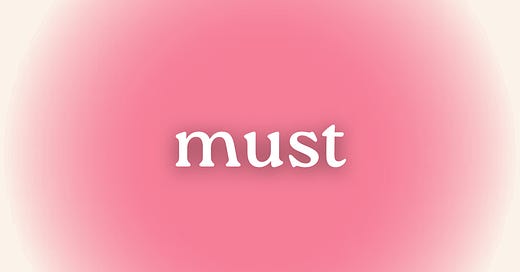- 아/어/해야지요
1. Title
: Expressing Resolution and Intent with -아/어/해야지요
2. Grammar Explanation
: The Korean ending -아/어/해야지요 is used to express the speaker's strong resolution, intention, or promise to do something. This form is also employed to express a sense of obligation or necessity, often with a nuance of determination. It can also be used to scold or reprimand someone for not doing something that should have been done. When used informally, the ending is -아/어/해야지.
Tip* 지요 can be 죠 to speak it in an abbreviation way and it sounds more natural!
Formation:
If the verb stem ends in a vowel (ㅏ or ㅗ), -아야지요 is used.
ex. 살다(to live) + 아야지요 = 살아야지요
If the verb stem ends in a vowel (other than ㅏ or ㅗ), -어야지요 is used.
ex. 먹다(to eat) + 어야지요 = 먹어야지요
For 하다 verbs, -해야지요 is used.
ex. 하다(to do) + 해야지요 = 해야지요
3. Example Sentences:
집에 가기 전에 설거지를 해야지요. (I must do the dishes before going home.)
이렇게 하면 안 되죠. 더 열심히 해야죠. (You shouldn't do it this way. You need to work harder.)
방을 청소했어야지요. 지금 너무 지저분해요. (You should have cleaned the room. It's too messy now.)
그 책을 읽어야죠. 아주 유익해요. (I must read that book. It's very informative.)
내일은 일찍 일어나야지요. (I need to wake up early tomorrow.)
4. Sample Dialogues:
Dialogue 1:
A: 이번 주말에 뭐 할 거예요? (What are you doing this weekend?)
B: 밀린 일을 끝내야죠. 너무 많이 남았어요. (I need to finish my backlog of work. There's so much left.)
Dialogue 2:
A: 요즘 운동해요? (Do you exercise these days?)
B: 아니요, 하지만 이제부터 해야지요. (No, but I should start now.)
5. Make Korean Sentences from English!:
I need to finish my project by tomorrow.
I should call my mom tonight.
We must leave the house by 7 AM.
I have to study for the test.
You should prepare for the presentation.
We need to clean the house this weekend.
I must write the report by tonight.
You should have told me earlier.
I have to buy groceries today.
We need to fix the car.



